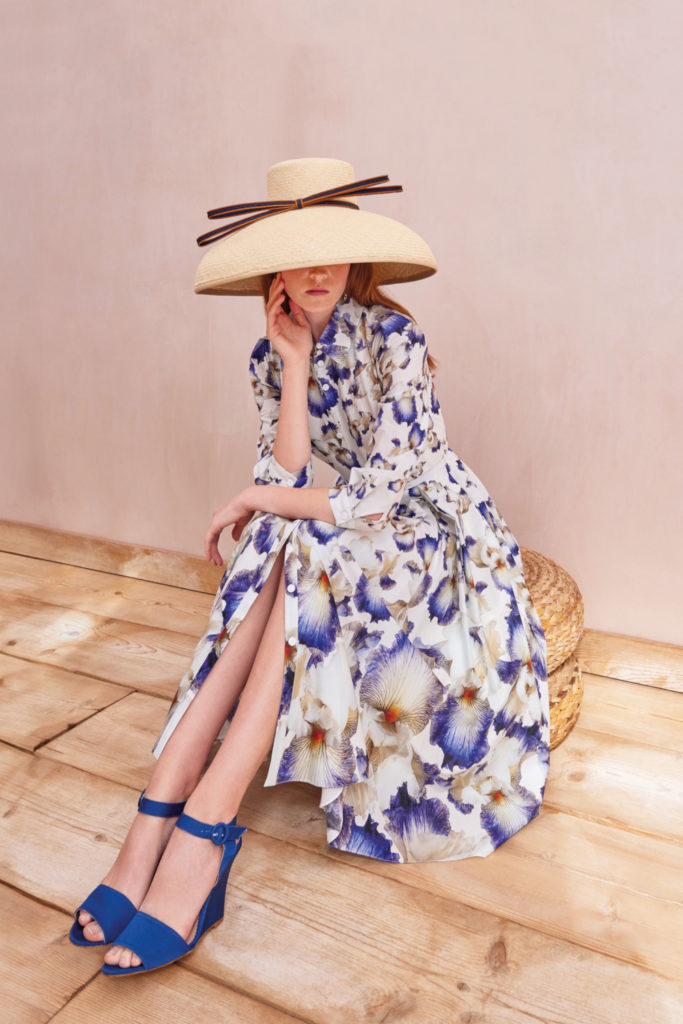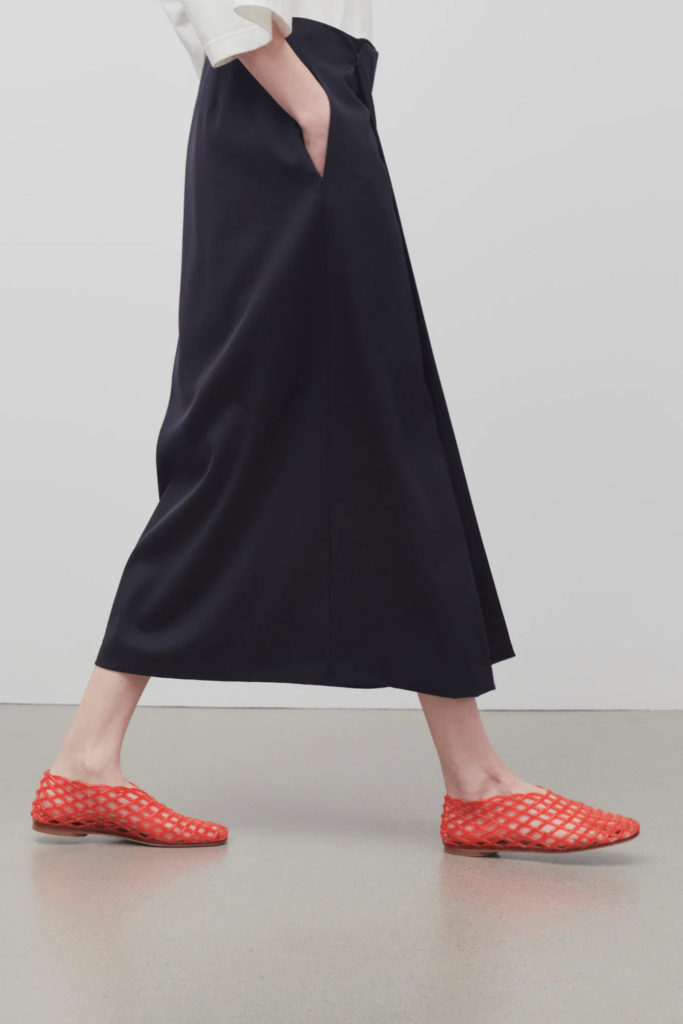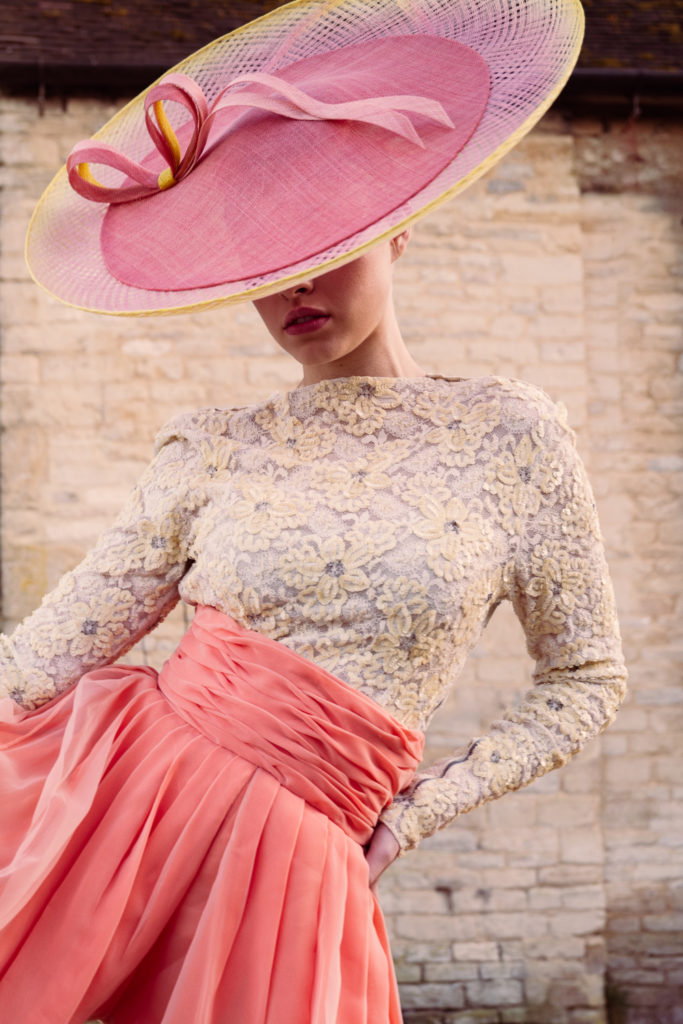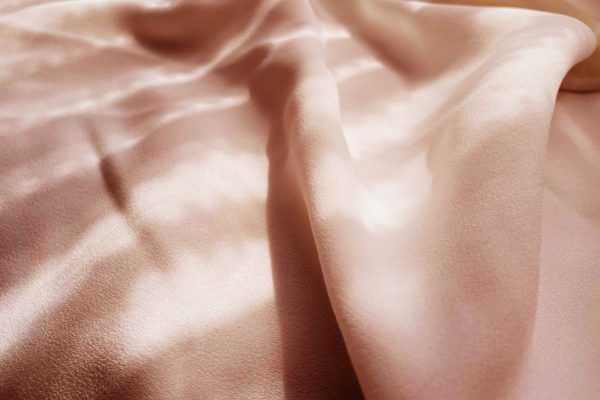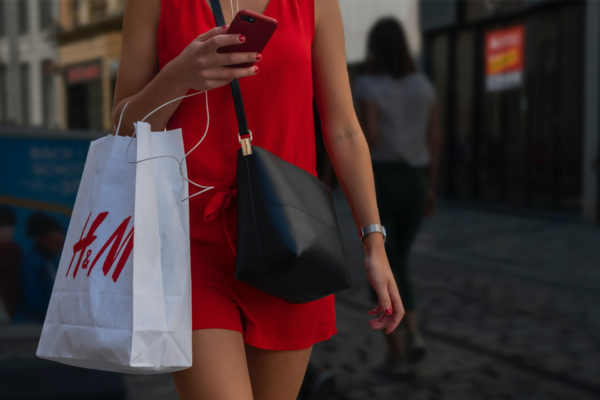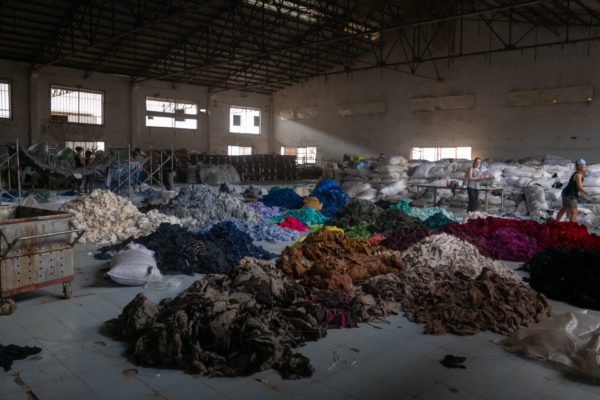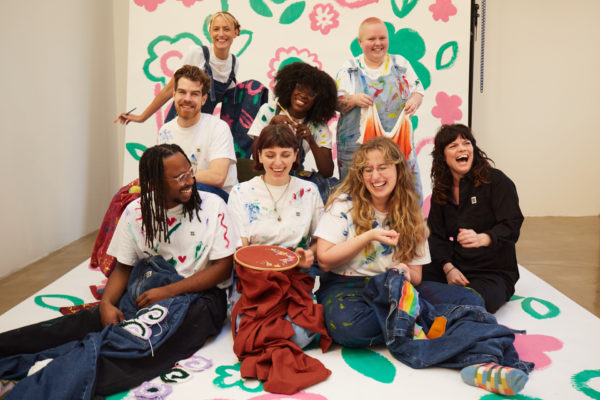Crochet Isn’t Always Ethical – Here’s Why
By
2 years ago
The crochet trend is raising eyebrows for all the wrong reasons
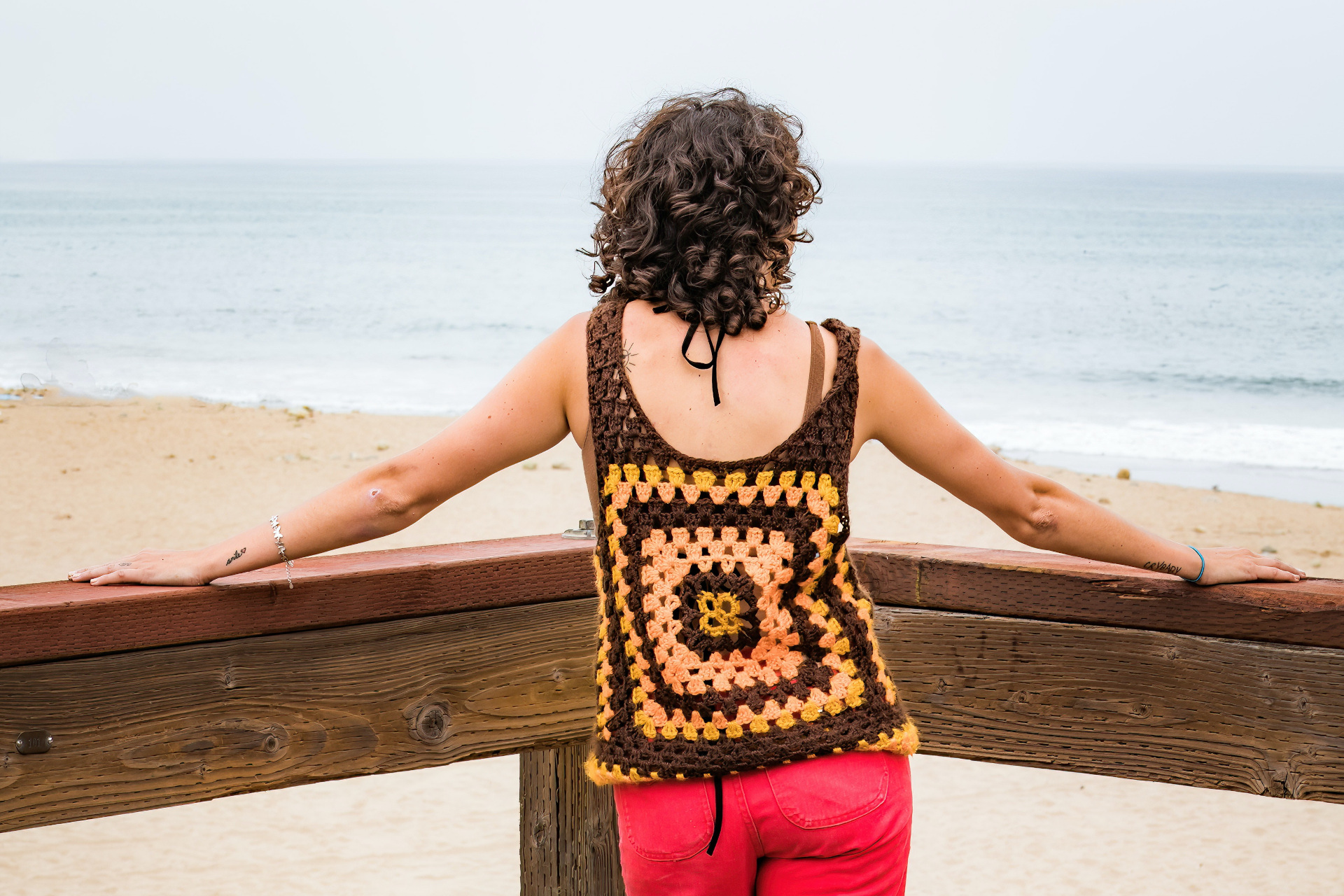
Crochet is seemingly everywhere. If it’s not adorning mannequins on the high street, flung over your shoulder in tote form or draped across your sofa as a cottagecore throw, then it’s dominating social feeds as quirky DIY content (searches for crochet have hit over 22 billion views on TikTok alone). But while fashionable, crochet can quickly become unethical – especially when picked up by fast fashion brands.
The Country & Town House Responsible Buyers’ Guide
What Is Crochet?
Crochet is a type of needlecraft where you use a hook to create fabric from loops of yarn. Unlike knitting, which moves a set of loops between a pair of long needles and holds stitches on the needles themselves, crochet uses a single hook to hook the loops together directly onto the piece.
Lockdown gave way to a new generation of crocheters (read: trapped Brits in dire need of a new hobby), with millions of us trying our hand at the craft in hopes of alleviating some boredom. Some us crocheted bralettes and bucket hats, others blankets and odd-looking stuffed animals, and some even crocheted their way into a side hustle.
The trend was also partly fuelled by celebrities leaning into cosier styles with the help of luxury fashion brands. Harry Styles’ appearance on the Today show in particular sparked a craze amongst fans, with the singer’s patchwork JW Anderson cardigan going viral not long after he performed in it. Due to the hefty price tag of the knit, many fans resorted to recreating it themselves – leading its designer, Jonathan Anderson, to share the cardigan’s knitting pattern on the brand’s website for fans to follow. The Victoria & Albert Museum has even jumped on the trend, now housing the cardigan in its vast collection.
An Unwanted Guest: Fast Fashion
But, as most trends tend to do, crochet ultimately trickled its way down to fast fashion. So, where do the issues come in? As anyone that has taken it up will know, crochet is a time-consuming craft. It can’t be done via a machine, so ultimately it’s up to artisans to create crochet garments by hand – with one item taking hours to put together. It seems odd, then, that crochet tops, dresses and skirts pop up on fast fashion websites for as little as £20.
It’s no secret that many fast fashion empires greatly underpay their workers. The Garment and Textile Workers Trust, a body funded by online fashion retailer Boohoo, was set up to help clean up its act after it was found that workers in Leicester factories were being paid as little as £3 an hour back in 2020 – but a 2022 survey found that staff continued to endure poor treatment, including a refusal of breaks, lack of sick pay, long shifts and, of course, low pay (now sitting at a measly £3.50). A Channel 4 documentary released in the same year, Untold: Inside the Shein Machine, showed just how unfairly employees were being treated.
This would suggest that despite the labour-intensive process of creating crochet, the artisans who make it are not being fairly compensated by the fast fashion brands they work with.
There’s also a worry that, because these brands make crochet readily available at such low prices, it devalues the work of ethical independent brands that actually treat their workers fairly and price their items higher. Competition could ultimately push smaller businesses to lower their prices, which could mean smaller wages for crochet artisans in the future too.
Fast fashion brands are also notorious for stealing designs from smaller designers, making them readily available for a much lower price that what independent brands can afford. Design theft not only puts these smaller brands out of pocket, but also devalues their work by encouraging shoppers to think of them as cheap, throwaway items.
Featured image: David Brown, Pexels

